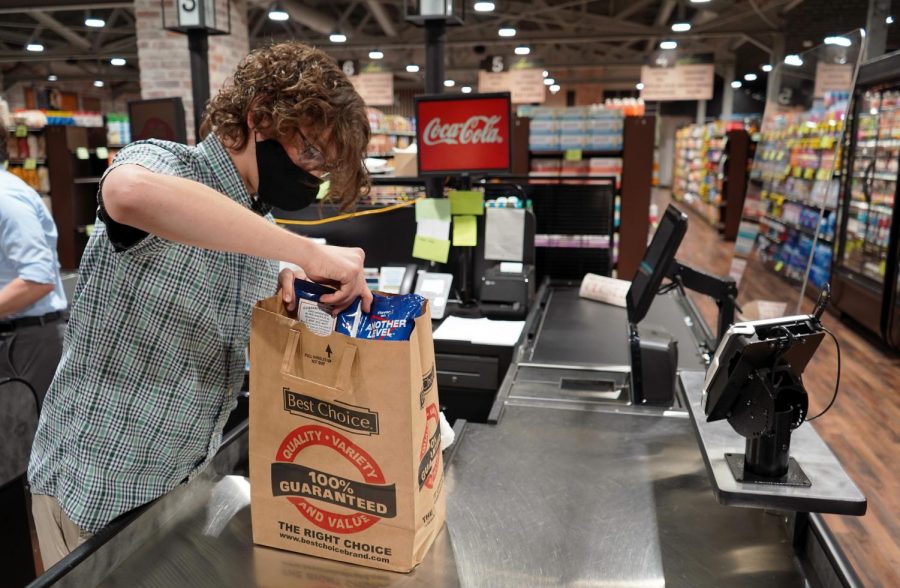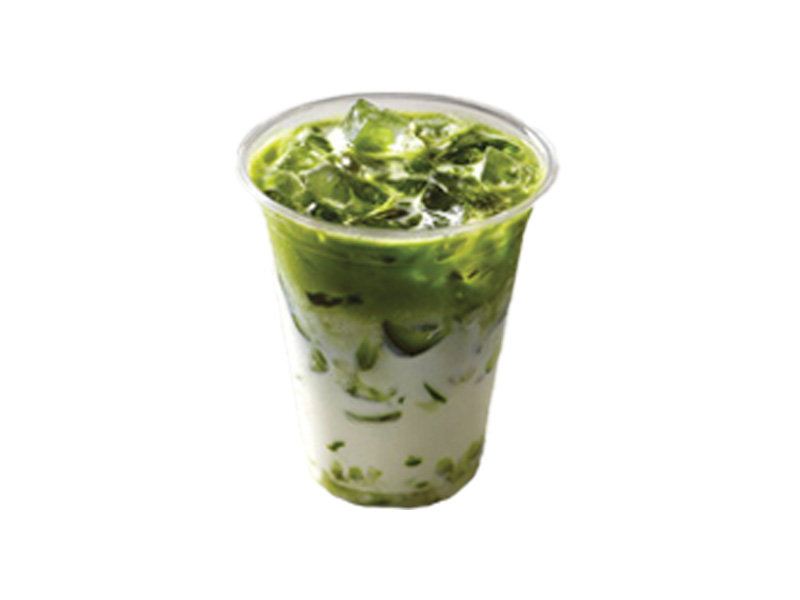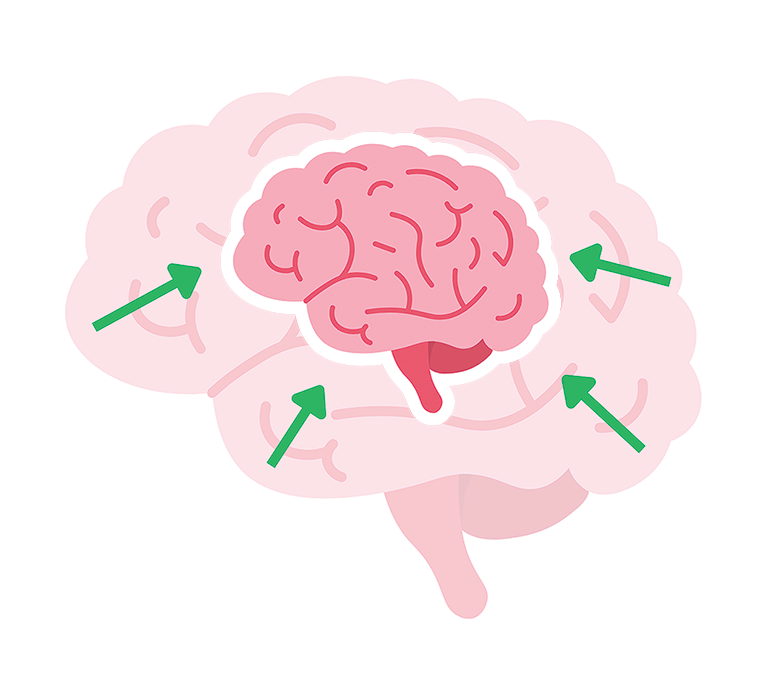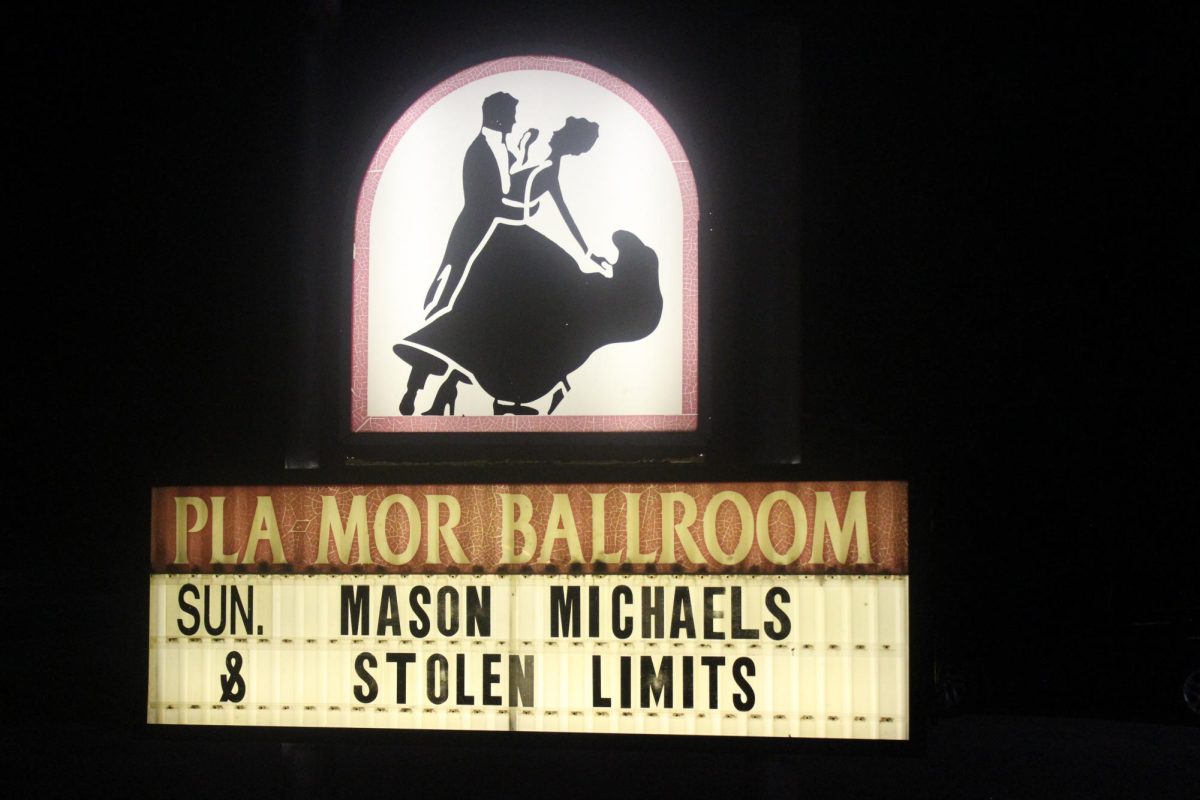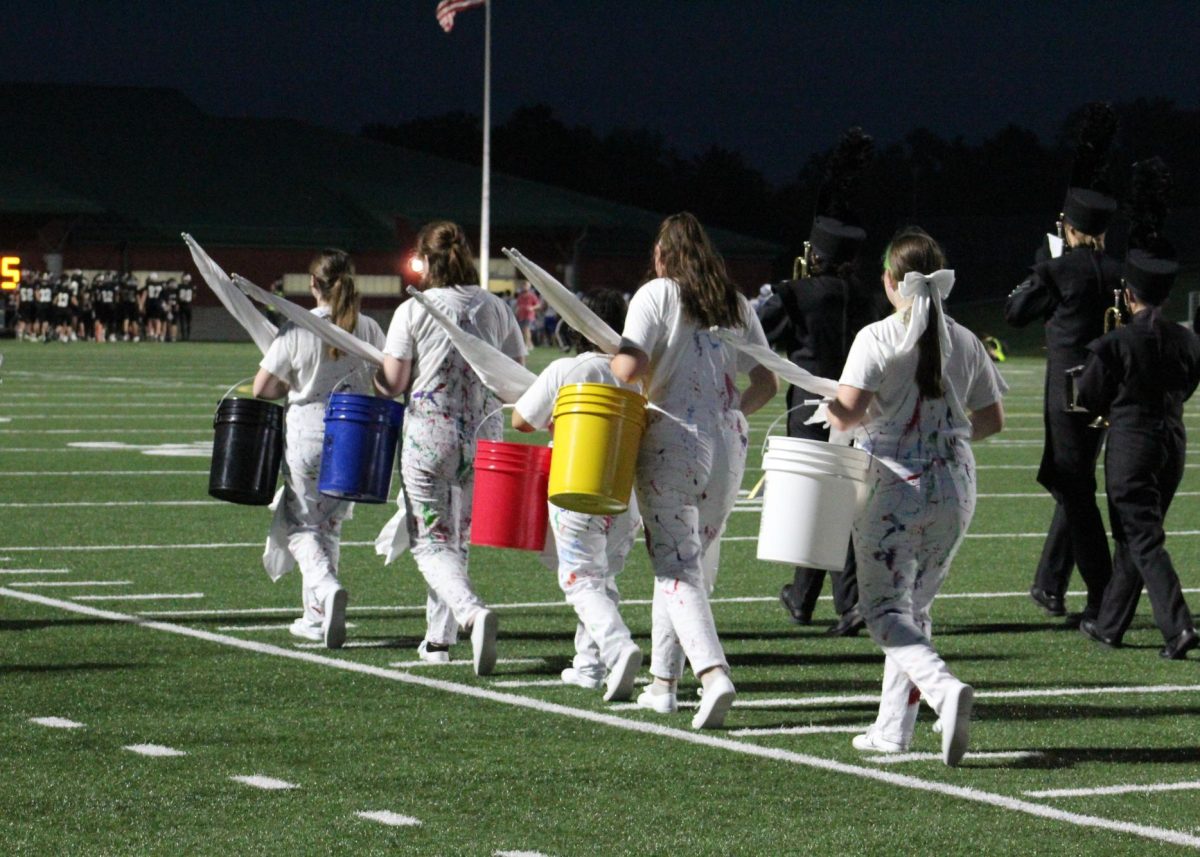Halloween, hole-punched, and election denial masks: A grocery store worker during the pandemic
May 18, 2021
LSE senior Ray Ramos has worked at Leon’s Gourmet Grocer for two years. Ramos worked before, during and after the COVID-19 lockdowns. He worked during the meat and toilet paper shortages, the hoarding of essential goods, and the disease’s multiple spikes in infectivity.
The incorrect usage of masks has been a threat to grocery workers attempting to keep themselves safe. Some customers refuse to wear them, others will wear them incorrectly and some will choose to wear masks that provide no medical protection whatsoever. The selfishness of unreasonable customers often results in them being kicked out of the store.
“We’ve had our bosses either escort them out, or check them out immediately, trying to get them out as fast as possible to make sure they’re not in the store,” Ramos said.
The eccentricity of the human spirit is seen in the radically diverse assortment of masks people wear. Ramos has seen every mask imaginable. He remembers a customer wearing a Batman mask. It wasn’t a movie prop’s level of quality, but it was instead a mask made entirely out of plastic, with two holes where a singular string would connect through, and a coin slot vent for the wearer’s labored respiration.
Ramos remembers another customer wearing an N95 mask with holes intentionally punched into it. The mask had “TV news is fake, COVID is fake, don’t let them lie to you,” scribbled into it. Ramos only realized the tattered nature of the mask when the customer came up to the register. He told the customer that he couldn’t wear a damaged mask into Leon’s, and that the next time he comes into the store, he is going to need to wear a legitimate mask. The customer then began to ramble conspiracies under his breath, muttering about how masks are going to kill you, about how you’re going to breathe in your own CO2, suffocate, and then die.
Ramos said to the customer, “Sir, I wear this eight hours a day. The masks are completely fine. I haven’t died from it. I’ve been doing this for months. I’m going to need you to wear one to come back to the store. And if you do come back to the store, I’m not going to allow you to buy anything.”
The customer then walked off with the rest of his items.
Ramos remembers another customer wearing a mask that said “Forced to Wear.” He also remembers another customer wearing a mask that said “Trump Is Still My President” after the inauguration of President Joe Biden.
Beyond the outlandish and absurd masks, there are more ordinary offenses commonly committed. Ramos regularly sees customers enter the store with their noses above their masks. He also sees customers enter the store without a mask, only to put it on a few footsteps into the store. Some individuals will bring the top of their shirt collar up to their mouth, and will imitate the mask wearing of the species around them. Ramos says that he is annoyed by negligent behavior around masks. Customers will come up to the register, and in an attempt to sound more coherent in conversation, will lower their mask, exposing themselves to the open air and also exposing those around them to the disease that they could possibly have.
“The whole point of that Plexiglas is to make sure that the person doesn’t spread [COVID-19] it to me, and they turn and lean to the side and pull their mask down and try talking to me. The whole point of that Plexiglas is to make sure that you don’t do that,” Ramos said.
The respect given to essential workers is double, according to Ramos. On one hand, customers appreciate the labor of essential workers more, because they have been revealed to uphold our country amidst the chaos of the pandemic. On the other hand, the disrespect given to essential workers before the pandemic used to be given in insults and incivility, but now, is also given in the form of gross negligence around health regulations, which is a disrespect that is lethal to workers.
Ramos says that he now has more respect for essential workers, and that because of COVID-19, he has come to respect all jobs for the ways in which they contribute, regardless of how much they are paid.
“I see lower working-class workers as a lot more valuable than before COVID. I’ve had multiple people come up and say, ‘I thank you for what you do,’ and, ‘For what you risk and what you do every day, thank you.’ It’s definitely changed my worldview on minimum wage jobs. I have learned that they’re way more valuable to the economy than a lot of other jobs,” Ramos said.
Ramos believes that it is vital for essential workers to receive the vaccine. He believes that our country owes a debt to its essential workers for the sacrifices to their health that they have made. He himself received the vaccine early for working in a grocery store. Before he had received the vaccine, he feared not only for his own health, but also for the health of his parents, and for his grandmother who he regularly delivered food to.
“A lot of the people I know are starting to get the vaccine, especially in my age group. A lot of the older people I know as well, like my grandparents, had the vaccine about a month ago, which is very good. I don’t have to worry about them getting it anymore. I am very happy about that,” Ramos said.
Leon’s Gourmet Grocer and Ramos went through difficulties during the food and toilet paper shortages at the beginning of the pandemic. The shelves were empty and the lines stretched on and on. An apocalypse seemingly occurred, all hushed and orderly, so as not to disturb the people’s ethical intentions of patiently waiting in lines. The pandemic floated invisibly throughout the air, while the customers at Leon’s gathered supplies for the coming months of motionless solitude.
Cutting in lines betrays a visible social taboo, while hoarding supplies and preventing the elderly and disabled from access to supplies is a much more complicated decision for consumers to make. For consumers, hoarding is a method of preserving and assuring the best odds of survival for themselves at the cost of others, which is a sacrifice some were prepared to make.
“I think that the hoarding was selfish because you didn’t need that much. I understand going out and getting it occurred because you didn’t want to have the chance of getting COVID. But then they would go out next week, and hoard it again. And then the next week and hoard again, and the next week and hoard again. And it would stop the elderly from getting certain things that they wanted. The flour that we ran out of, the toilet paper that we ran out of, it was hard for us to get a lot of those things. It was a very selfish thing for a lot of people to do.
“My grandmother needed food and hand wipes. She wasn’t able to get it because she was asking me to deliver for her … I said to her, ‘We don’t have these things. I can’t buy them for you, I physically can’t get it for you.’ Then it set it in for me that we simply don’t have those things anymore,” Ramos said.
Convenience for consumers is a goal that grocery companies seek to hit. After years of duplicates and triplicates of products habitually on the shelf, there was nothing left by the hoarders for the rest to buy.
Certain commodities possess different values to different people. A woman at Leon’s bought all of the Hamm’s beer that they had. She declared that she was on an expedition throughout all of Lincoln, and that she intended to collect all of the Hamm’s beer.
“I had some guy come in the back room, and he’s like, ‘Dude, she’s buying all the Hamms beer.’ And I’m like, ‘What do you mean?’ I walked out and I’m like, ‘She’s doing it. She’s buying it all,’” Ramos said.
Ramos has endured through Halloween, hole-punched, and election denial masks. Ramos and his relatives are now vaccinated against COVID-19. Endurance through the pandemic will become a universal story, one told by Ramos, and soon collectively told by those who have made it through.

